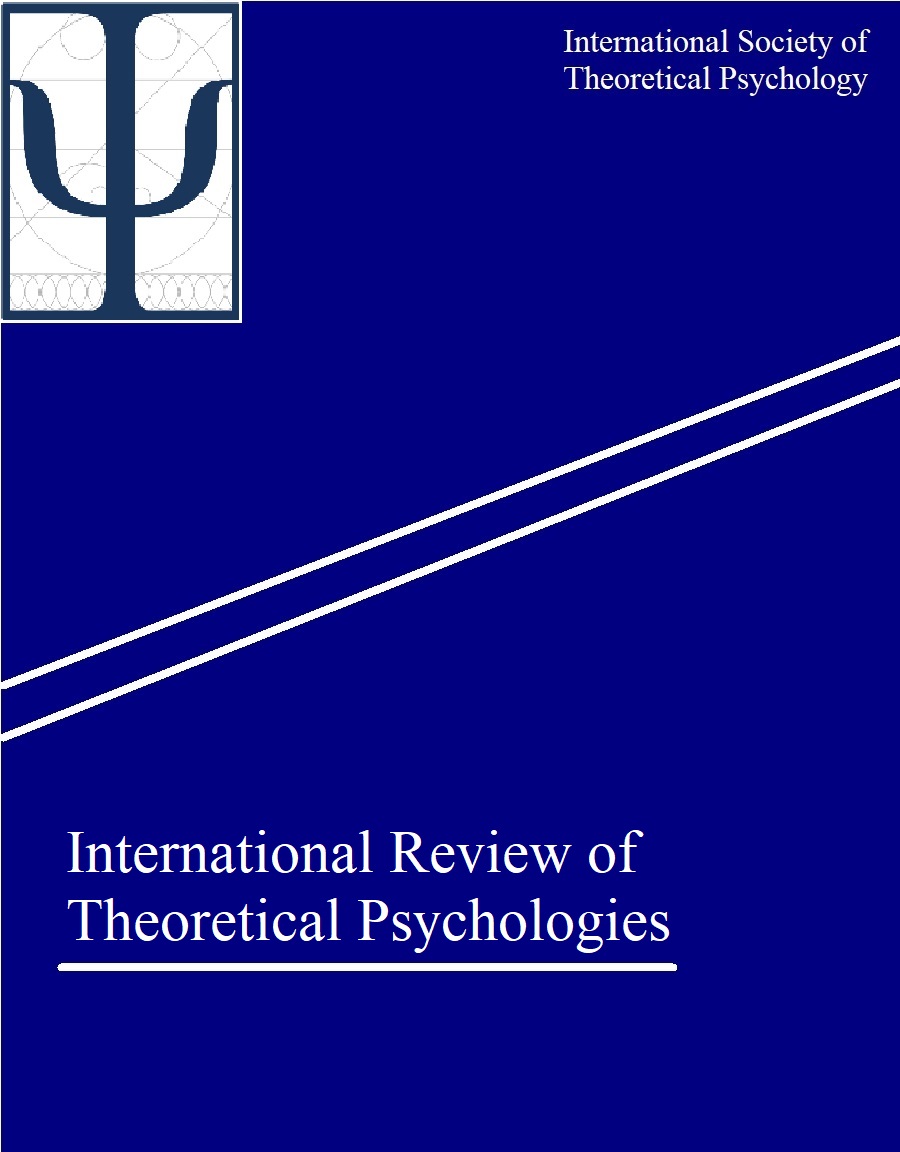Psychologies of not Knowing
On the (Re)Production of Oppression via Processes of not Knowing or Ignorance
DOI:
https://doi.org/10.7146/irtp.v1i2.127763Keywords:
Oppression, Privilege, Ignorance, Feminist epistemology, Critical race epistemologyAbstract
Social and liberation movements all over the world have acted on the premise that oppression is kept alive, among other ways, through psychological mechanisms. Feminist and critical race epistemologies such as “feminist standpoint theories” and “epistemological ignorance” suggest that there might be different forms of not knowing involved depending on the social location of the (not) knowing subject. In this paper we suggest that the concrete psychological mechanisms involved in not knowing or outright ignorance differ according to one’s position in the social fabric of oppression and privilege. Drawing on various critical psychological and psychoanalytic reflections, as well as interpreting selected passages from a group discussion among elderly retirement home residents in Vienna, we illustrate how social position is translated into lack of knowledge about systems of oppression and privilege
Downloads
Published
How to Cite
Issue
Section
License
Copyright (c) 2021 Nora Ruck, Katharina Hametner, Alexandra Rutherford, Markus Brunner, Markus Wrbouscheck

This work is licensed under a Creative Commons Attribution-NonCommercial-ShareAlike 4.0 International License.
IRTP operates based on a non-exclusive publishing agreement, according to which the journal retains the right of first publication, but authors are free to subsequently publish their work. The copyright of all work rests with the author(s).
All content published in IRTP is licensed under a Creative Commons Attribution-NonCommercial-ShareAlike 4.0 International license (CC BY-NC-SA 4.0). This license allows authors and readers to share and adapt content for non-commercial purposes, provided that they abide by the following terms:
- Give credit to the original author(s)/creator(s) and attribution parties (i.e., IRTP);
- Provide a link to the original source, to the extent practicable;
- Include the copyright notice and/or indicate the corresponding Creative Commons license;
- Indicate what, if any, adaptations were made to the original; and
- Share adapted content under the same license as the original.
Authors are encouraged to familiarize themselves with the various Creative Commons licenses. Readers are advised to consult the licensing information embedded in each published work to ensure that they are familiar with the terms of use that apply.





